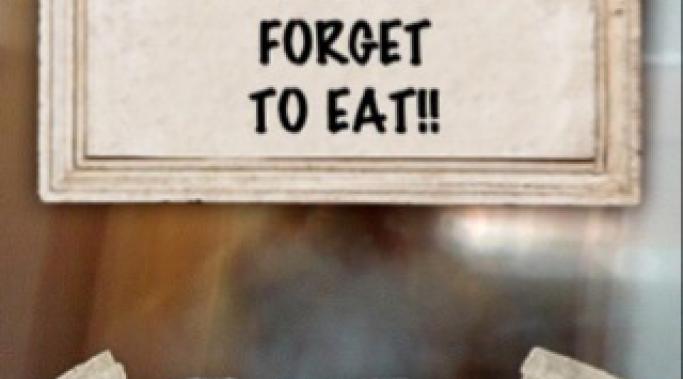Blogs
We tend to ignore the power of sound and how it can affect our mood and wellbeing. Everyday, we are surrounded by noisy traffic, snippets of conversation from chattering people, music and more. Think about how irritating the sound of nails scratching a chalkboard is; then think about the sound of birds chirping. What a difference they make in our mood (unless you hate birds).
Last week I set a goal to target one bad ADHD habit (forgetting to eat) and set so many timers against it that the odds of success would be in my favor. Let's see how I did.
As I consider posts for this blog, I keep asking myself, what do I call our kids? I’ve never been one to adhere strictly to politically correct terms, but I do want a term which accurately identifies our children as a specific subset.
Bob’s “official” diagnoses are early onset bipolar disorder and ADHD. I don’t like to say he’s “bipolar” because I don’t think of him that way—he is not bipolar, he is a kid who has a lot of positive qualities and also has bipolar disorder. That said, I’m lazy. It’s admittedly easier to just say “my kid is bipolar.” Which omits the ADHD part entirely, but “my kid has bipolar disorder and ADHD” just takes too much air for me.
Okay, I admit it, I don’t like doctors. At all. In fact, one might suggest I downright hate them. I hate going to their appointments, I hate being in their waiting room and I hate talking to them.
"It's all about control."
Not really. In fact, eating disorders are better described as being controlled: by thoughts and compulsions that lose all relationship to reality. Eating disorders take control of the person and the family. But how does one take control away from the anorexia or bulimia or binge eating and get normal life back? First: figure out who is in charge.
When I began my journey into this wild terrain called “Motherhood,” I thought I knew what I was doing. After all, I was a 28-year-old, soon-to-be college graduate with three younger siblings. I had years of babysitting experience and the gifts of critical thinking and research in my arsenal. Having a child surely couldn’t be any more difficult than having a puppy, right?
That was almost nine years ago. Boy, have I learned a lot.
I'm a 28 year old writer-photographer, poet and politico. Born in Australia, I've lived in Manhattan, London and Philadelphia, and have been blogging, tweeting and advocating about mental health issues for more than three years.
I'm your sister, your cousin, your friend; an old woman, or that kid playing in the yard across the street. Hi. My name is Kate White, and I'm 1 in 4. Haven't heard that statistic before? Then you should know that 25% of the world's population will experience a mental health problem at some point in their lives.
I’ve been in treatment for over a decade now and in that time I’ve had more than my share of doctors. Some doctors have been awful, but some have been great and at the top of their field. And when a doctor at the top of their field sees a treatment-resistant bipolar, they have some treatment options that your average doctor might not think of.
Is it really true that it is better to be late than to never arrive? In my experience with ADHD and tardiness, I'd have to disagree. I say it's better to never arrive and claim some horrible calamity had befallen you than to arrive late. They're more likely to forgive you.
My name is Holly Gray. I live in the Pacific Northwest United States with my 11-year-old son and a cat named Alex P. Keaton. My life has been a search for identity and a series of 180 degree turns that baffled and frightened me. I have been in and out of therapy since I was 14 and up until five years ago, found very few answers in the therapeutic process. I was diagnosed with Dissociative Identity Disorder in early 2005. I wrestled with the diagnosis for several years before finally coming to terms with it. In doing so, I learned and unlearned a great deal about dissociation and DID.







